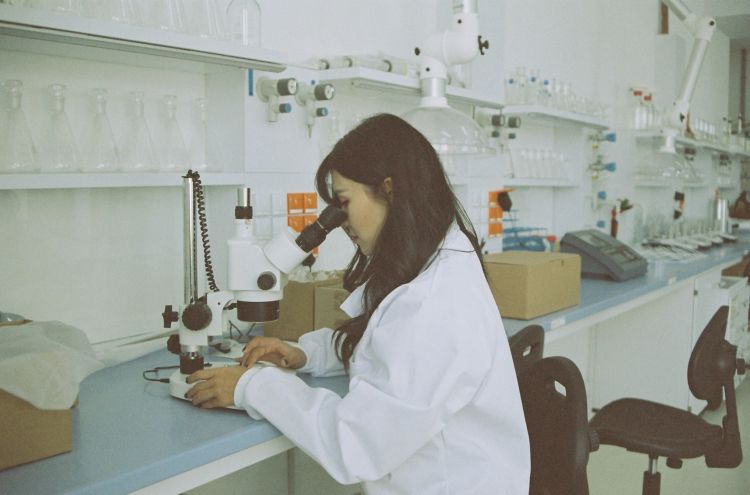Using March-In as a Price Control Mechanism Is a “Dangerous Precedent To Set”
The White House just announced plans to use Bayh-Dole “march-in rights” to step in and license patent rights of drugs “developed with federal funding” to other manufacturers when the price of the drug is deemed too high. BIO’s Chief Advocacy Officer, Nick Shipley, made the following statement:
“Using the Bayh-Dole Act’s march-in process as a mechanism to control prices is a dangerous precedent to set. The move would create yet another element of uncertainty within the biotech industry at a time when policy makers have been increasingly adding obstacles to innovation. This type of policy would discourage the exact type of private-public sector partnerships that the Bayh-Dole Act was designed to encourage, and it would undermine a valuable piece of the drug discovery process. For smaller biotech companies, which are responsible for the bulk of medical innovation, this undermines the ability to raise capital and maintain a stable investment base from strong private sector funding, which is the vast majority of investment that allows them to usher in new waves of biomedical innovation. Any policy that encourages the government to seize private company patents is a policy that discourages investing in companies that have accepted government funding, such as SBIR grants or working with universities that have received NIH funding.
“It is also disappointing that the White House chose to include this in its broader statement when there are so many other overdue promising policy recommendations where we could find common ground to work together to bring down health care costs. The announcement touches on reforms to address the long-overdue problem of PBM and provider consolidation, lack of transparency in those sectors, and other elements of oversight that have been long-discussed but never enacted. We look forward to seeing the Administration apply the same rigor and scrutiny they so willingly bring to our industry to the PBM and provider markets so that we can move forward on policies that actually lower spending for patients.”





